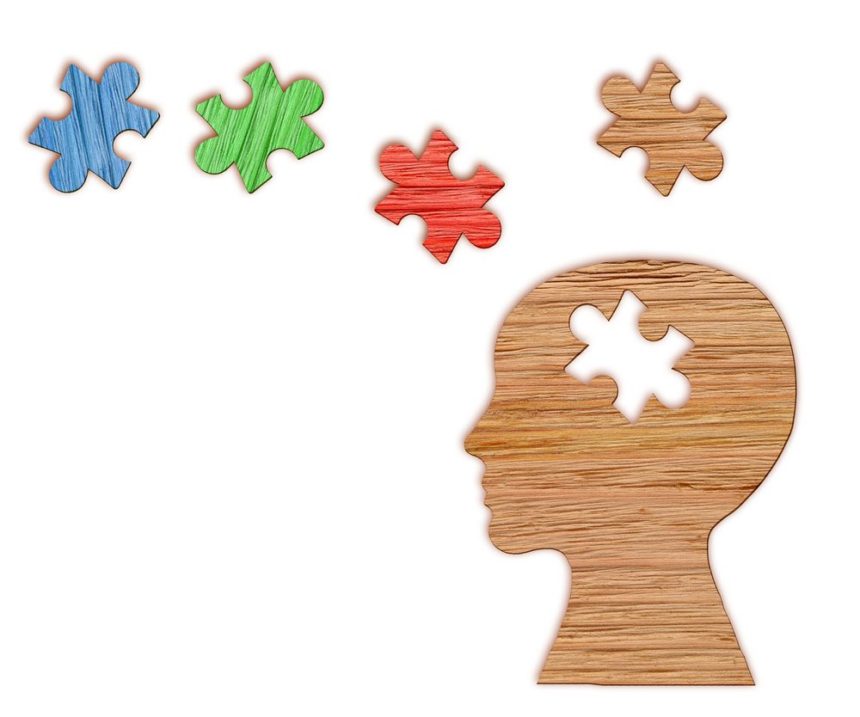This post was originally published on this site
Cognitive training alone — without the use of direct brain stimulation — may significantly benefit adults with mild cognitive impairment, a known risk factor for Alzheimer’s disease, a pilot clinical study reports.
The study, “Cognitive Training and Transcranial Direct Current Stimulation in Mild Cognitive Impairment: A Randomized Pilot Trial,” was published in the journal Frontiers in Neuroscience.
Mild cognitive impairment (MCI) is a neurological condition where individuals experience subtle changes in memory. Because 10% to 15% of people with MCI do go on to develop Alzheimer’s, it is considered a disease risk factor.
Without treatment to halt cognitive decline and prevent progression to Alzheimer’s, there is a “growing interest in exploring the benefits of non-pharmacological interventions such as lifestyle modifications (nutrition and exercise), cognitive training and repetitive non-invasive brain stimulation such as Transcranial Magnetic Stimulation (rTMS) and Transcranial Direct Current Stimulation (tDCS),” the researchers wrote.
A type of cognitive training called strategic memory and advanced reasoning training (SMART) has shown good results by improving neuronal functions in older adults and in adults with traumatic brain injury. In a recent pilot study, people with MCI using SMART showed improvements in cognition and memory.
Researchers at the Center for BrainHealth, The University of Texas at Dallas, investigated whether the benefits of SMART therapy could be enhanced by brain stimulation approaches, namely transcranial direct current stimulation (tDCS). This non-invasive approach applies an electric current directly to the patient’s scalp, and has been shown to improve cognitive abilities, such as memory, language, and attention.
Their small clinical trial (NCT02588209) enrolled 22 MCI patients who were randomly assigned to two groups: one given SMART therapy and a sham-tDSC, and the other SMART therapy plus tDSC.
Those in the second group received 20 minutes of tDSC to the brain’s left frontal cortex (an area associated with cognitive control and memory), while the first group, serving as control patients, were given a 20-second sham stimulation. Both stimulations came before cognitive therapy sessions that ran for four weeks, and consisted of two one-hour session per week given in small groups of two-to-five people each.
All individuals completed cognitive assessments at the beginning of the study (baseline), 16 finished assessments after the SMART training month, and 15 took part in evaluations three months later. These assessments included checks of executive function (such as fluency and conceptual reasoning) and memory.
Results of the neurological function tests revealed that patients in both groups showed greater abilities executive functions, namely conceptual reasoning, category and verbal fluency, and memory.
“People with mild cognitive impairment are flooded with daily life information that can overwhelm a comprised brain. Fortunately, the present results suggest they can improve cognitive functions given certain trainings,” Namrata Das, at the Center for BrainHealth and the study’s first author, said in a press release.
Although patients who were treated with tDSC had an improved blood circulation at the brain level — showing this approach has the capacity to remodel brain structure — patients in this group had no improvements compared to control patients regarding inhibition and innovation, and episodic memory. Contrary to the researchers’ expectations, brain stimulation did not bring added benefits to these people.
They concluded, “the group with a-tDCS stimulation to the left inferior frontal gyrus (IFG) prior to each training session failed to show significant gains on select measures of interest (i.e., inhibition, innovation and memory for facts) after training compared to the s-tDCS SMART group at T2 or T3,” or evaluations immediately after the study (T2) and again at three months later (T3).
“This study adds to the compelling evidence that cognitive training provides an intervention option to benefit people with MCI, to strengthen their cognitive capacity and even their daily memory function,” Namrata said.
The post Cognitive Training Improves Reasoning and Memory in Adults with Mild Impairment, Pilot Study Finds appeared first on Alzheimer’s News Today.
The post Cognitive Training Improves Reasoning and Memory in Adults with Mild Impairment, Pilot Study Finds appeared first on BioNewsFeeds.


